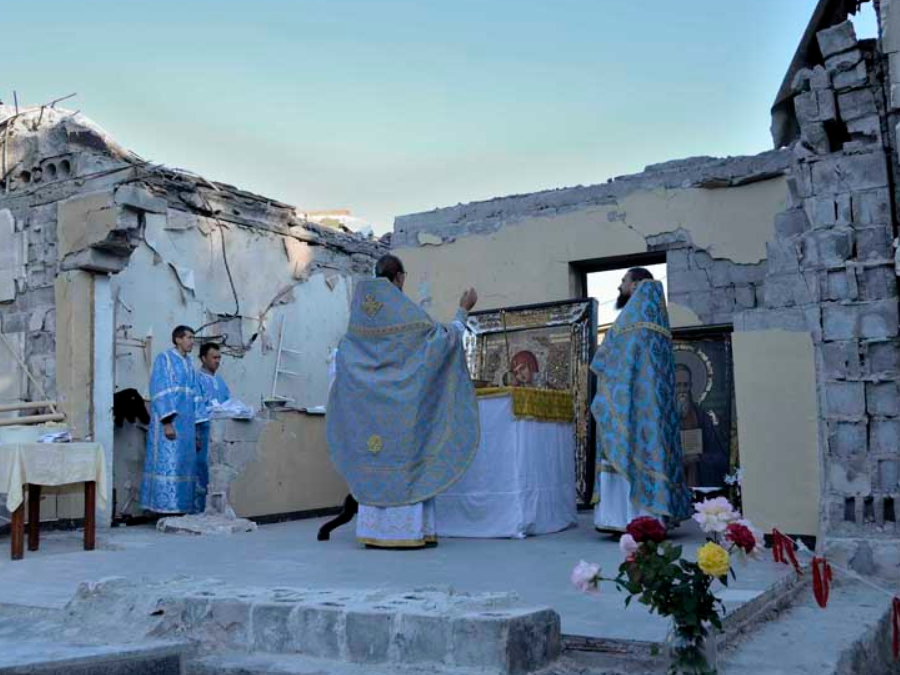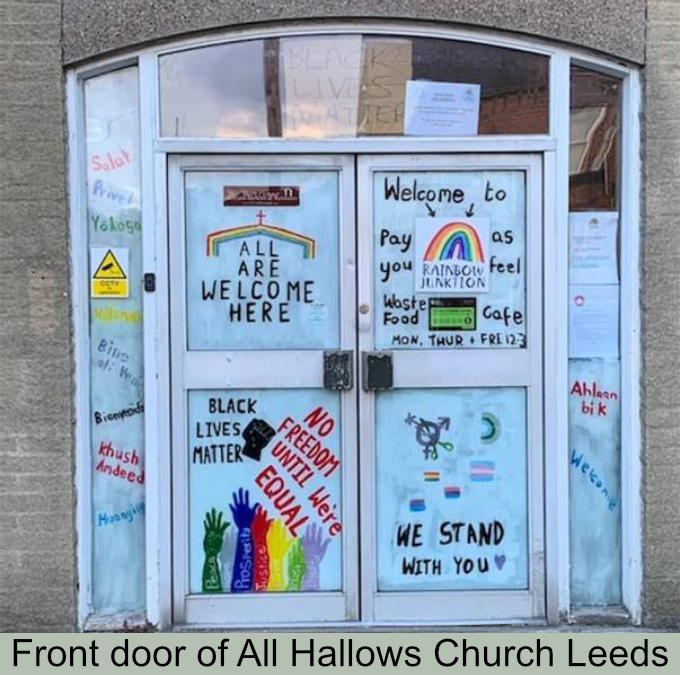
We long for peace – clumsily
April 29, 2022
Refugees and the hostile environment
May 16, 2022Back in the 70’s and 80’s there were Christians who wore a wrist band with the letters WWJD, standing for ‘What would Jesus Do?’ I never wore such an ornament, but the words and the sentiment return in a most insistent way in regard to renewed eruptions of anger over abortion in the US, specifically the leak of a possible overturning of the Roe v. Wade bill which permits abortion up until foetal viability. Once again, the lines of battle have been clearly drawn and there are human casualties on both sides, something which few people seem prepared to talk about.
The battle is, of course, part of a far bigger war, a war of political extremes that has been building over the past couple of decades in America, fuelled by violent rhetoric on and off social media, and resourced from within a climate of deep and growing distrust of the kind of freedom enshrined in the law of the land, especially as it pertains to this highly emotive issue. The freedom that is being placed under ever increasing strain by the climate of political extremism, now spreading in the West, rests on a complementarity of autonomy and responsibility in regard to the human person. When it comes to WJJD, I think Jesus would have agreed with this basic line of thinking.
But it is also quite vague. We have to decide, as we do with other defining issues, what it is that diminishes or destroys the human person. Again, the WJJD motif comes to mind. Jesus placed the valuing and honouring of the human person next in importance to the honouring of God. The The anti-abortion movement will seize on this and claim exclusive right to their understanding of what is entailed in the honouring of the human person (which is often indiscriminately conflated with the honouring of God), specifically the unborn human being, even if that entity is not yet viable as an autonomous person.
I would like to question their readiness to lay claim to the moral high ground here, not because I believe abortion to be desirable and right in all circumstances. I don’t, and neither would Jesus. Neither do I believe that the glibly termed ‘pro-abortion’ position should rest entirely on a woman’s right to manage her own body, even if this is a crucial element of that argument.
I do believe, however, that there is a certain threshold that no one has the right to cross. It is the inalienable right of a woman to decide for herself what she and God understand together to be the truth and reality of her particular set of circumstances. God honours her in this moment of understanding and in the choice she makes, and so should we.
I would dare to suggest that even if she is an atheist, there will be something in her humanity that invites her to seek out the truth and, most especially, something like the mercy of God in regard to her probably traumatic pregnancy, as well as the trauma she will experience if she chooses to have an abortion. She needs to be confident of that mercy, the mercy of God which is concomitant with God’s righteousness and thereby with God’s justice.
In regard to Divine justice, think only of the story of the woman ‘taken in adultery’ (John 8:1-11). Which of us is ‘without sin’ when it comes to making choices that do not sit comfortably with our declared faith or set of beliefs? Since mercy, righteousness and justice are all three attributes of God’s nature, we should defer to that woman in her choice as an autonomous human person who is honoured in God’s sight, a God who sees the reality of her situation in ways which many people might not. She needs our mercy too. She will live with the memory of that pregnancy, the choice she makes, and possibly all future choices, for the whole of her life.





1 Comment
Good thoughts – I note that you typed W-J-J-D rather than W-W-J-D a couple of times. I don’t like the phrase in the slightest. Would as a conditional implies that God is not in the midst of the problem to begin with. If Jesus is alive and in the identity of what is Divine (and by definition not fully known to us) then the question should be W-I-G-D – what is God doing? And my question is related to the throwaway comment in Paul somewhere – Corinthians I think – There must be divisions among you so that those who are approved may become evident. Or something of that nature. Over the last 50 years we have exacerbated and magnified absurd extremes of factions. In the detritus of Christendom we seem unable to say anything useful. It’s worrisome in the face of climate change, and war, and social dysfunction, to say the least.